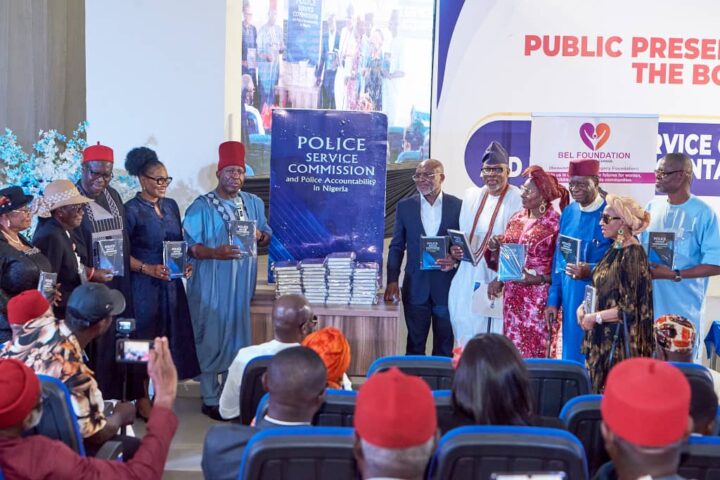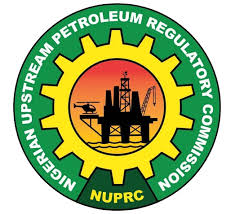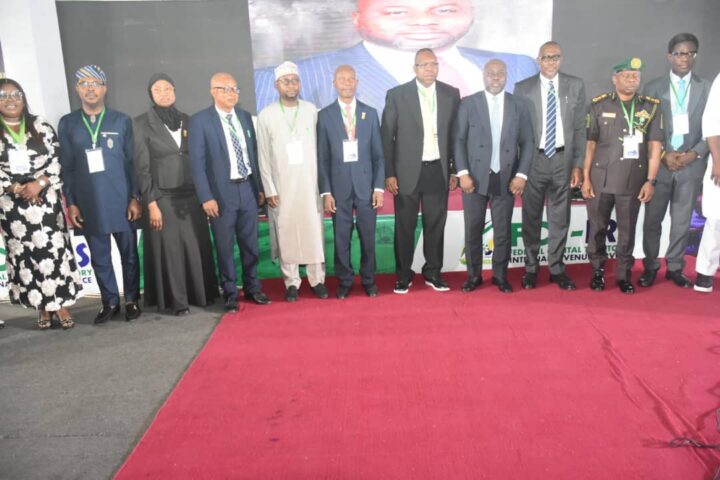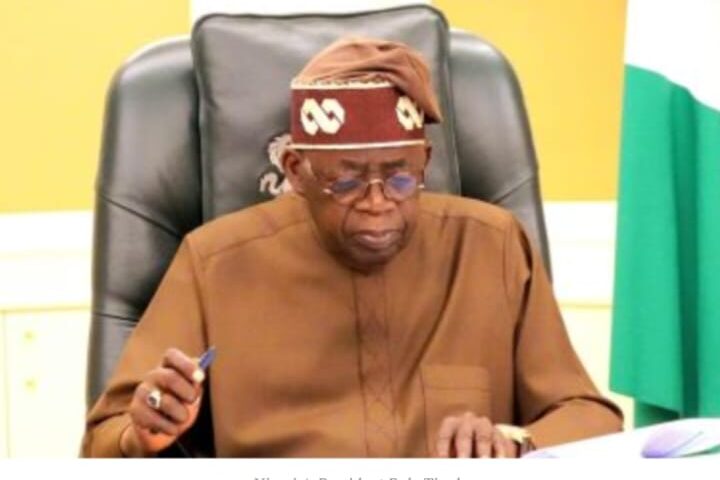Mohammed Shosanya
Olanrewaju Suraju, Chairman, Human and Environmental Development Agenda (HEDA) Resource Centre) has said that about 70 percent of corruption in Nigeria is traceable to the oil sector.
He spoke on Monday in Lagos at the public presentation of his latest publication titled: ‘Spotlighting the Oil & Gas: A Review of the 2020/2021 Marginal Fields Bids Licensing Round in Nigeria’.
He said that his group worried and concerned about the corruption in the oil and gas, stating that it’s been the worst you can have anywhere in the world.
“It is not only about Nigeria and that is the point we have made over time, that this is also about many of our foreign operators that are here. It is not only about the public sector but also the private sector including the banks that you have in Nigeria and the banks you have abroad.
“The whole corruption that actually revolved around the OPL 245 that I mentioned earlier, it was not only about Nigerian banks it was even including JP Morgan Chase Bank, based in the UK which is why Nigeria actually takes JP Morgan Chase Bank to court in UK for failing to undertake some necessary due diligence about the know your customer thing.
“About 70 percent of corruption in Nigeria is traced to the oil sector and that is the area where you also have international players being part of the process. It means that these international players are also meant to be held to account for some of the things that are happening here.
“For us to see this happening we want to see how some of these things can be done differently and if we have a new government we want to see the agenda of this government going into the oil sector where you are seeing the mainstay of the economy of the country and also you are having where you have the highest concentration of corruption, so we are worried and we want to see some paradigm shift from the previous experiences,” he said.
Suraju said that Nigeria has had only two successful marginal fields bid licensing rounds (2003/2004 and the 2020/2021) in history and that the study was necessitated given that Nigeria is at a critical time in Nigeria’s oil history replete with negative indices.
According to him, these indices were low discovery and drilling activities, high cost of production, declining joint venture (JV) production and revenues earnings, and other gamut of challenges.
“The other challenges included manifest decline in gas for power supply, job creation, project funding constraints, maturing fields amidst aging facilities without corresponding development of new fields, growing insecurity compounded by oil theft, and uncertainties around stalled reforms anticipated from the implementation of the Petroleum Industry Act.
“All of these stifled investment and production outputs in a sense that terribly affected the growth and development of the oil and gas industry.
He said according to the finding of the study, the 2020/2021 marginal fields bid licensing round recorded anticipated milestones including, expansion of the space for indigenous participation in the oil and gas industry, potential for growing proven reserves, revenue generation to the tune of N200 billion and US$7 million to the federal government.
Others is the departure from past experiences of award of oil license to portfolio investors who ended up ‘trading’ the papers for a flip, reversal of a sad narrative of perennial scandals about derailment from due process, corruption and conflict of interest (COI) perpetrated by Political Exposed Persons (PEPs).



















